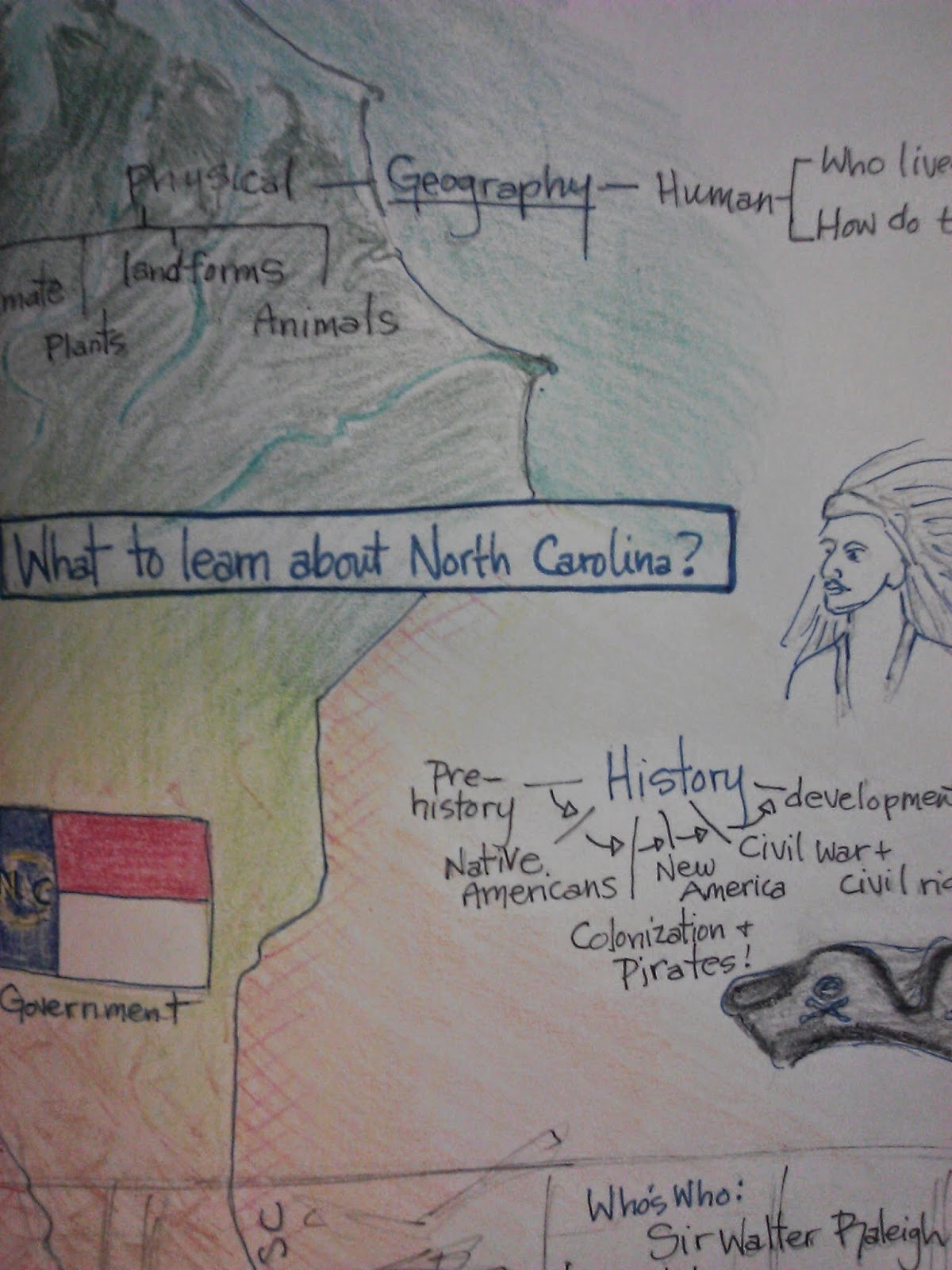Thirteen Years
Thirteen years is a long time. Especially when preceded by only four or five barely memorable ones and when six of them are yet to be served. Anything that demands that much time of nearly every American's life must also demand our analysis, creativity, and careful attempts to improve it.
One approach is homeschooling. Within that category are countless alternatives: from school-at-home, which is an alternative setting rather than an innovative educational approach, to unschooling, which is based on the belief that whatever needs to be learned will be if a caring parent guides and enables their children to pursue what they are interested in. Methodology is a manifestation of personal philosophy.
What is my why?
I constantly tell both skeptics and supporters that there are countless reasons why: to maximize independence and achievement while minimizing stress and pretense, to interact with my children and have them interact with one other, to learn what I missed the first time, to travel and set our own schedule, to not take the full the thirteen years…
What it really boils down to is that I believe I can do it better. Granted, I value a “school” more than most of the people in them, but in lieu of starting my own, I am content to develop my educational philosophy and approach with those students in whom I am most invested.
As a public school teacher, I learned that our mission was to create "good citizens." When I honestly examine public school, I realize that most of what is learned there is obedience based on extrinsic rewards...obedience and extrinsic rewards...inauthentic, disingenuous compliance. This is my first major fault with our public system, both for what it is and for what it breeds. Is a life of inauthentic disingenuous compliance really what we want for ourselves, our children, or those we leave behind as we give our children something better? (Removing oneself from the public education system does not remove one's responsibility to demand its efficacy and empowerment for those who are still there, those who will be our neighbors, build our empires, rob our houses, write our laws…)
My second, and really my most fundamental problem with public education, is the return. If we consider school to be an investment (and if you pay taxes, you are most certainly an investor in the public education system), the returns we get are abysmal. To be clear, most graduates have mastered what I expect of my children by the end of fourth grade. Some get more, some get (how is it even possible?) less. I got more, but very much less than I hope to give my children.
One approach is homeschooling. Within that category are countless alternatives: from school-at-home, which is an alternative setting rather than an innovative educational approach, to unschooling, which is based on the belief that whatever needs to be learned will be if a caring parent guides and enables their children to pursue what they are interested in. Methodology is a manifestation of personal philosophy.
What is my why?
I constantly tell both skeptics and supporters that there are countless reasons why: to maximize independence and achievement while minimizing stress and pretense, to interact with my children and have them interact with one other, to learn what I missed the first time, to travel and set our own schedule, to not take the full the thirteen years…
What it really boils down to is that I believe I can do it better. Granted, I value a “school” more than most of the people in them, but in lieu of starting my own, I am content to develop my educational philosophy and approach with those students in whom I am most invested.
As a public school teacher, I learned that our mission was to create "good citizens." When I honestly examine public school, I realize that most of what is learned there is obedience based on extrinsic rewards...obedience and extrinsic rewards...inauthentic, disingenuous compliance. This is my first major fault with our public system, both for what it is and for what it breeds. Is a life of inauthentic disingenuous compliance really what we want for ourselves, our children, or those we leave behind as we give our children something better? (Removing oneself from the public education system does not remove one's responsibility to demand its efficacy and empowerment for those who are still there, those who will be our neighbors, build our empires, rob our houses, write our laws…)
My second, and really my most fundamental problem with public education, is the return. If we consider school to be an investment (and if you pay taxes, you are most certainly an investor in the public education system), the returns we get are abysmal. To be clear, most graduates have mastered what I expect of my children by the end of fourth grade. Some get more, some get (how is it even possible?) less. I got more, but very much less than I hope to give my children.

Comments
Post a Comment